On Oppenheimer, abstraction, slow science, and life of a Nolanite
Musings from this weekend
(Contains major spoilers from the movie Oppenheimer. If you have not seen the movie or don’t plan on watching it, I still invite you to read this.)
Nolanite noun
1. : an iron-vanadium-rich mineral found in the hydrothermal uranium deposits (Saskatchewan, Canada) and in gold deposits in metamorphosed greenstones (Kalgoorlie, Western Australia)
2. : a passionate person or a cinephile with an interest in Christopher Nolan movies
There will be no dissection of Hollywood's marketing propaganda or bravura of technical originality or subversive narrative requirements which converts this film into an all-party documentary or Cillian’s cheekbones in this thought essay. You have massive online regurgitation of pop pieces, tech pieces, and political pieces for that. Just immediate personal thoughts from someone who officially studied physics till high school and unofficially interested since then. My favorite physics book for adults who didn't study higher physics is The Theoretical Minimum Series by Leonard Susskind who treats adults like adults and doesn't dumb down the math like our director. I am forever grateful for those books. If you are interested in the books, please find them here. You need high school calculus and algebra to get started. My math is very poor, barely functional as it goes. But ever so interested in trying my best. I sometimes read Peter Woit's Not Even Wrong blog for the latest in physics and math news. I think a little background explains my manic tendencies and that I am no expert. So, let's begin by agreeing to disagree. It's what good movies do. I like my thought essays steeped like ginger tea, strong and rejuvenating.
Ideas and Questions
Every time we are at the precipice of war anywhere in the world, we are reminded of how we have collectively failed as a species. There are at least three major wars going around in different countries around the world right now along with several minor conflicts and even though connected via the internet it is only human to remain oblivious and particularly distant from the day-to-day atrocities of a war-ravaged nation until it is in your backyard. Back then, after and before the Great Wars, there was widespread cognizance about wars because of social mobility through human connections. Communal bonds were more common than they are now. You actually had to walk to reading groups and union meetings and town meetings to discuss the changing political climate. As I have mentioned elsewhere, the working class was deeply involved in the intellectual climate of a rapidly industrializing society. Nowadays, you needn't go far to have a decent conversation about the war in Ukraine. Then have we not improved upon our ancestors in the last 75 years? Do we not have enough material about previous wars to keep them at bay? Are we talking enough but not listening?
A room full of people cheering after the A-bombs dropped. Thundering claps and pounding feet. They might as well be soldiers marching toward the frontlines. Why would they cheer? Consider this. How can people conceive distant atrocities in the 1940s unless the pictures developed from rolls of films printed in newspapers arrive at newsstands several days after the events that actually occurred and then finally they can assimilate those images to make sense of the world or the aftermath of a tragedy? Television sets were not commonplace back then. Guilt took time to settle like a faraway sandstorm. How do you make sense of a tragedy from radio news? But we had these technologies during the Gulf Wars, didn't we?
If morality is an invention, is the answer for a brick another brick wound by a barbed wire? Hence, Heisenberg-0, Oppenheimer-0.
The film focuses on two interesting themes: paranoia and bureaucratic shite.
Watching the FBI's (and CIA's?) and the military's paranoia regarding the communists in the 1930s-40s and their teeth-grinding obsession with classifying humans on the basis of 0s and 1s (do you own a party card or not?), I was reminded of their similarities with the paranoia present in the modern web netherworld of 4chan. The delusion of some greater shadowy organization hell-bent on taking over the world. I told myself we are going to Mars in a few years. This isn't the 40s. Or, it is? Cerebrally, 2023. But what about emotionally? Our trust circumference isn't as wide as we might think.
The movie is an ode to the power brokers lurking in the shadows who turn the wheels of the world sitting in boardrooms, empty dining rooms, basement garages, etc. The bureaucratic sludge that sits on the pulpit and makes 'laws' about how much power private billion-dollar tech companies should have in their research and application of, let's say AI. These were the same section of people in an enantiomeric system in the 1940s that roadblocked scientists from having any substantial say in the days leading to the Trinity test and after Hitler died. Why indeed would Groves need Oppenheimer in Washington? Why indeed. Only too familiar even now. WHO's initial fumbles during 2020. Lack of research funding for female biology research (PMDD, PMS, endometriosis, etc.) Guess who is sitting on those grant committees? Bureaucrats picking my scabs with a damp limp paper file in front of them just because they can. Even though I am explaining to them how important the protein purification column is for my work and how the delay is costing me weeks. That humiliation never gets old. Oppie knew it well when his security clearance kept getting stalled. Compartmentalization NEVER works in science. Ah, bring that big fat spool of red tape.
The movie is not about the consequences of the atomic bomb. Or the BOMB. It is about POWER and POLITICKING and shifty PATRIOTISM. Hence the decision to visualize the effects of radiation from Robert's POV (the screenplay being in first person) during the standing ovation scene after Truman's radio announcement. The sudden reverberations in that scene were a reminder of the reverberations during the Trinity. The omission of Japan scenes is getting a lot of attention this weekend. The screenplay must have gone through a ringer on this. Only later, we see Robert look away from the projector slides being shown about Hiroshima and Nagasaki. He remained our mythological Atlas carrying the burden of his hubris for all of us to watch on the screen.
I was reminded of two books and a TV series this week.
Do you think patriotism shifts over decades? Or it is something human-made and hence malleable to shifting weather? Science doesn't remain constant too. Yes, the experiments will always turn up something new. The models will predict something new. Add a little to the previous findings and (blue) shift the nature of reality (like my wavelength puns a lot). But we can count upon the stack of math or glass slides under a microscope. Because they lead to malarial vaccines and space travel. Sometimes people who are meant to do these things often, not always, shift along with the changing skies. I think three hours was an apt length to show that science is still a human endeavor with flawed beings struggling to cope with phenomena you cannot 'see' or 'touch' or 'feel' but only 'intuit'. This is how the movie began with Robert thinking about stars and atoms in Cambridge. Reminds me of Anaximander intuiting the earth as a sphere suspended in nothing about 2,500 years ago. Carlo Rovelli’s books calling me this week.
Imagine a time before the internet when calculations were done on foolscap sheets and it took months. And you had to double-check it with other mathematicians, sometimes even across continents, hoping the math was right. So, it took years to prove a theorem you conceived two years ago. Scientific publications were published in various languages. Sometimes you needed Russian or German translators to translate papers for you. So, imagine you sitting in Leiden holding a physics paper in the 1930s but it's written in Russian and you don't know anyone who speaks Russian. So, you write letters to friends who understand quantum physics back home in America and they translate and send them back to you. It took weeks. This is the time period the movie is set in. Math is still done on pages and chalkboards at least in the early stages. But automation makes us forget the time-consuming path science took to get us here. Sitting with our phones reading this essay.
Some Wows and Nays
The fact that Robert's knowledge of Sanskrit is embedded in his intimate scenes with Tatlock sent the theatre into an unnerving silence. She asks him, "You can read this?" holding the Gita while he is telling her that her psychology is Jungian. It's such a beautiful scene of the 'fission' of your soul and 'fusion' of it with another's. And as brilliant as the man was the scene showed his appetite for beautiful minds. It is not easy to be polymathic. BUT...
Here comes my gripe with cursory female characters in Nolan's movies and I was expecting so much more from Tatlock's character. She was emotionally and intellectually Robert's stronghold in those early years before he met Kitty. He felt closer to Jean because they shared their dark turmoils, Robert's experience in Cambridge, and Jean's struggles with her depression. She was struggling with her sexuality too. There was nothing in the movie that indicated her dislike for flowers or her ambiguity about Robert’s company. That's the reason he went to see her one last time. She needed him and he helped her in any way he could. According to the book, Oppie was the biggest supporter of making sure the women at Los Alamos were involved in every kind of job available. From technical to administrative. The movie missed making this an important point.
That scene where Robert flirts with Kitty holding a drink while explaining quantum mechanics entwining his hand with hers to show how his matter cannot pass through hers despite the fact that most of it is empty space. Impossible but true. This idea isn't there in the book and it was so beautiful to just hear it. Abstraction is hard. But quantum mechanical abstraction hurts the mind. It's not every day something like this is shown through storytelling in a matter of minutes. I had previously shared on socials that Oppenheimer would be like watching the Benjamin Labatut novel with characters changing from particle to wave and back again over the years and it did.
There's a visual where Hartland Snyder and Robert's 1939 paper titled “On Continued Gravitational Contraction.” is shown. Split second scene. According to American Prometheus, that paper was called “one of the great papers in twentieth-century physics” by science historian Jeremy Bernstein. The authors argued that a dying star would contract with such “singularity” that even light waves would not escape the all-encompassing gravity. They just didn’t call it a black hole. It was them first. The paper is making the rounds on the internet again since last Friday. Nerds, here’s your PDF.
Acting Bits
Emily Blunt as Katherine Oppenheimer
Dazzling woman showing what’s what in a room full of obnoxious white men playing with sticks but actually holding radioactive plutonium. I mean how many types of commies are there anyway? Burn! Also, the depiction of her post-partum depression was a good addition for a woman torn between her politics and her interests in botany and living in a secluded place like Los Alamos.
David Krumholtz as Isidor Isaac Rabi
Robert's lodestone. He reminded me of Remus handing Harry chocolate after the dementor arrived on the Hogwarts Train. Do you have a Remus/Rabi who hands you oranges and chocolates when you forget to eat? What is life without friends who make sure you ate properly? Also, Rabi is the warmth of a bread basket and hot coffee all packed in together against Robert's ice-chip blue eyes.
Josh Hartnett as Ernest Lawrence
The gunslinger/vampire hunter Hartnett had his resurrection in the television series Penny Dreadful with his earnest humane eyes always wanting to stay on the acceptable right side of the track. "Robert, no unionizing on campus, please!"
Starbucks has unions now. But I couldn't get a guidance counselor at grad school and our student council was tokenized to cut ribbons and go on picnics without having autonomy or any say in the matters of how a scientific organization should run. Red tape, red tape, do you have any wool? Yessir, yessir, three bags full. But does speaking for better wages and work hours and ethical boundaries at the workplace mean you are in the camp of left-sympathizers? How do we get out of this 0 and 1 crisis of camps to focus on good, respectable living? Also, Hartnett reminds me of post-war black and white American movie stars in chiaroscuro scenes. Gorgeous, gorgeous human.
Casey Affleck as Boris Pash. Casey has perfected that sly malicious straight face with an occasional lip twitch that makes his raspy voice even more unlikeable as the commie hunter Pash.
Disappointed with Feynman's miscasting. For two hours I kept thinking where is the man? Missed that first instance of him playing the bongo.
Downey Jr. reminds me of Matthew McConaughey's comeback in Dallas Buyers Club. Older, wiser, and more charismatic than ever before. Lewis Strauss: the embodiment of power-hungry ladder-climbing bootlickers who think they finally have a seat at the table.
My, God! Kenneth Branagh appearing as Niels Bohr and talking about algebra made me go flying off my seat! And both of us (me and my friend) went elbow-shaking as soon as he entered any scene. Weinberg said, '“Bohr was God, Oppie was his prophet” and it was he who held Robert’s ethical sleeve when he came to Los Alamos. Speaking of Niels Bohr, we read about these people as singular entities in science textbooks but seldom in the context of history. Imagine Bohr living in the same decade as Roosevelt and Churchill.
There's a scene where Einstein is walking with someone and you can see his back. But as soon as he turns, is that Gödel? Yes, it's Gödel! All these people were living and breathing together in that specific time span proving theories and affecting politics and warfare. My fourteen-year-old self imagining d-orbitals in space for orbitals chemistry class was at a catatonic peace this Saturday afternoon. And my God, there was Fermi! Enrico Fermi, guys! (Flailing my hands at no one in particular because his thin book on Thermodynamics will make you tizzy. Those were his Columbia lectures from 1936. See? What a decade!)
I still have to read the rest of American Prometheus. Perhaps I will append this essay later. But for now, I want to watch it again as soon as possible. God knows, what else my eyes missed. Interstellar still remains my favorite. This is a probable second.
Further Reading:
Why Oppenheimer has important lessons for scientists today (Nature Journal)


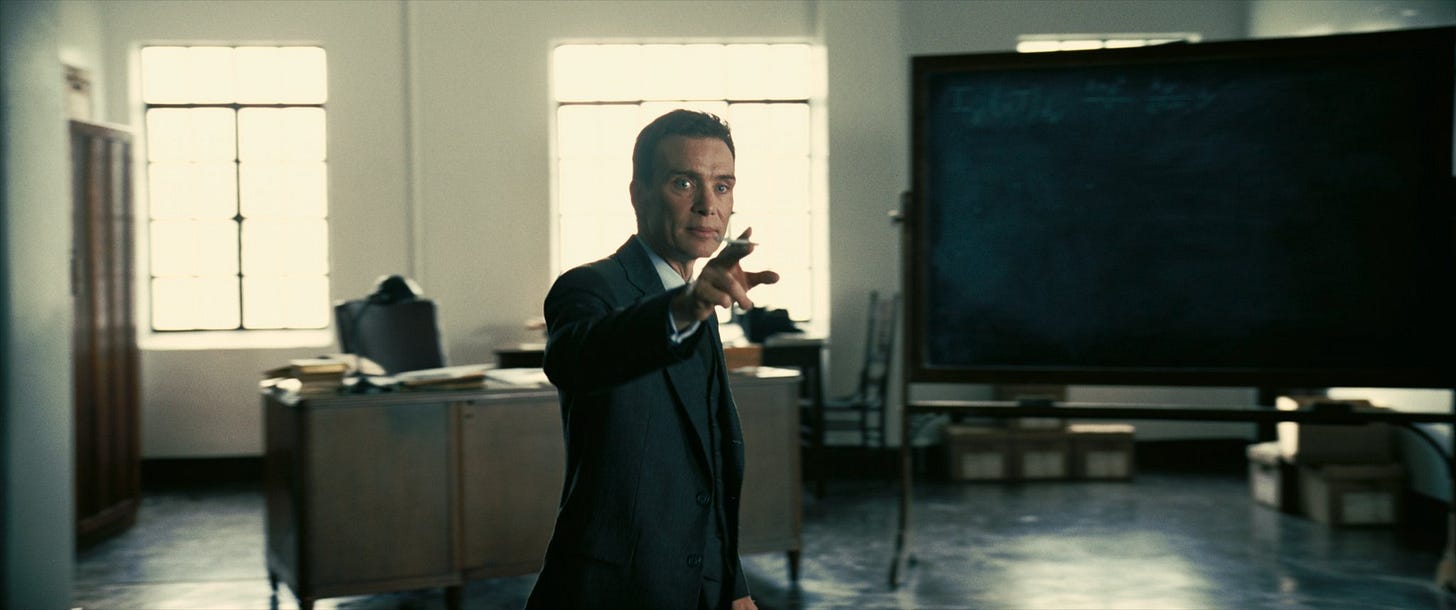
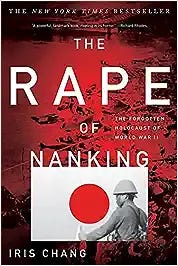
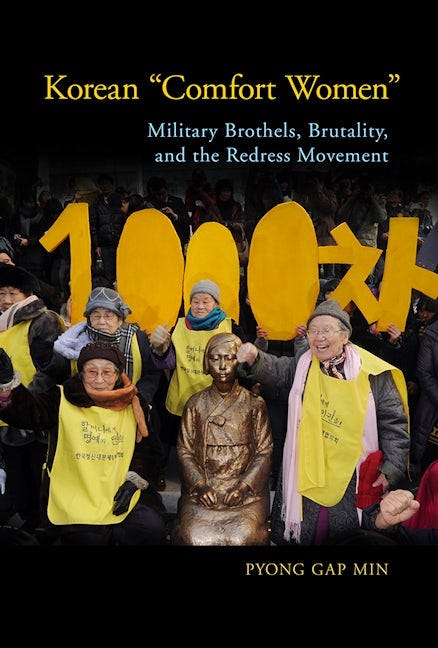
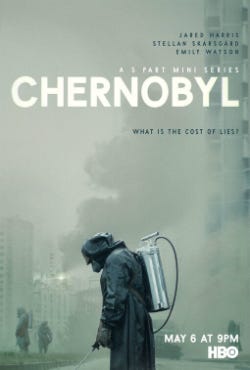
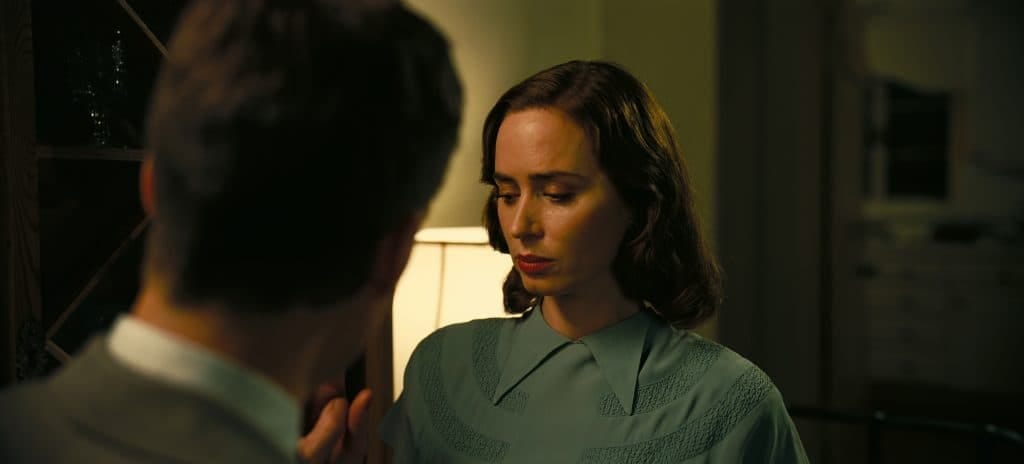

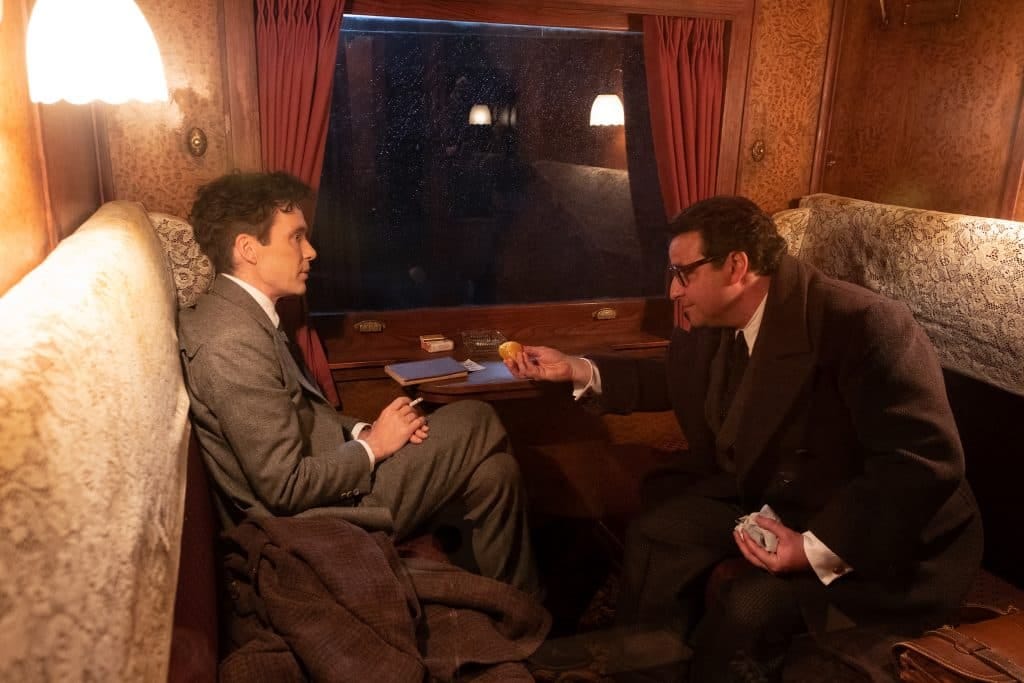
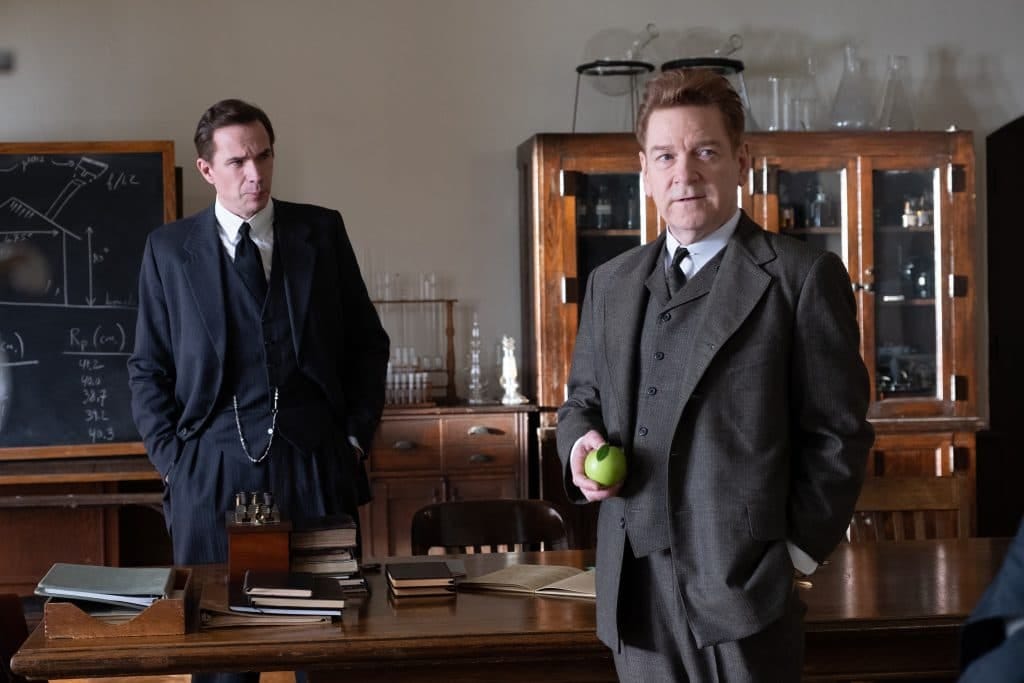
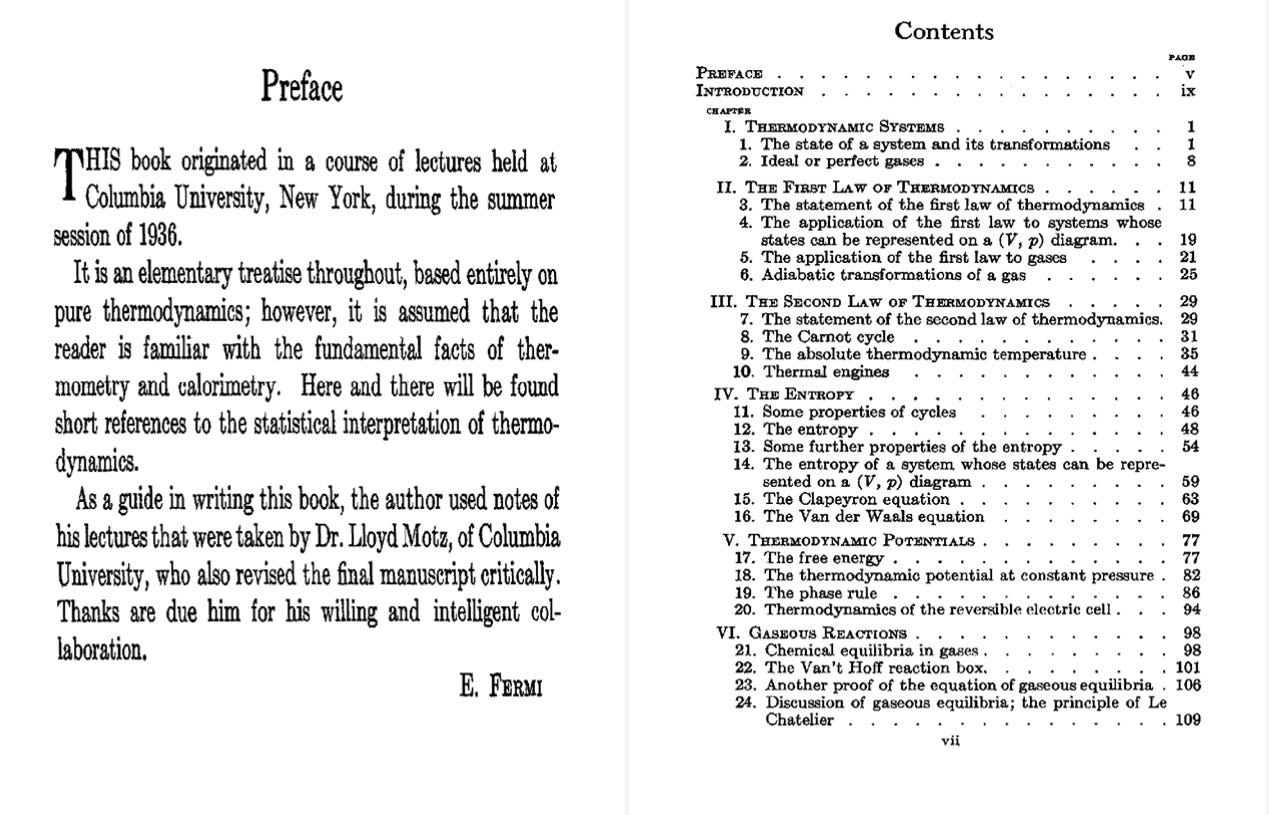
First, thanks so much for your "Like" today of my Substack review in MovieStruck of "Rustin" and "All Dirt Roads Taste of Salt". I'm so glad you found it worthwhile. I adored this piece of yours on Oppenheimer, the movie, the man and his era. "American Prometheus" is indeed a revelation and I hope you were able to finish it. Your voice is haunting and refreshingly humanistic to a non-scientist like me. I'm so old-school I still love the novels of C.P. Snow, partly because he was a humanist/scientist like you. I've subscribed to The Omnivore Scientist. Be well. If it's of interest my review of "Oppenheimer" is here: https://moviestruck.substack.com/p/oppenheimer-2023